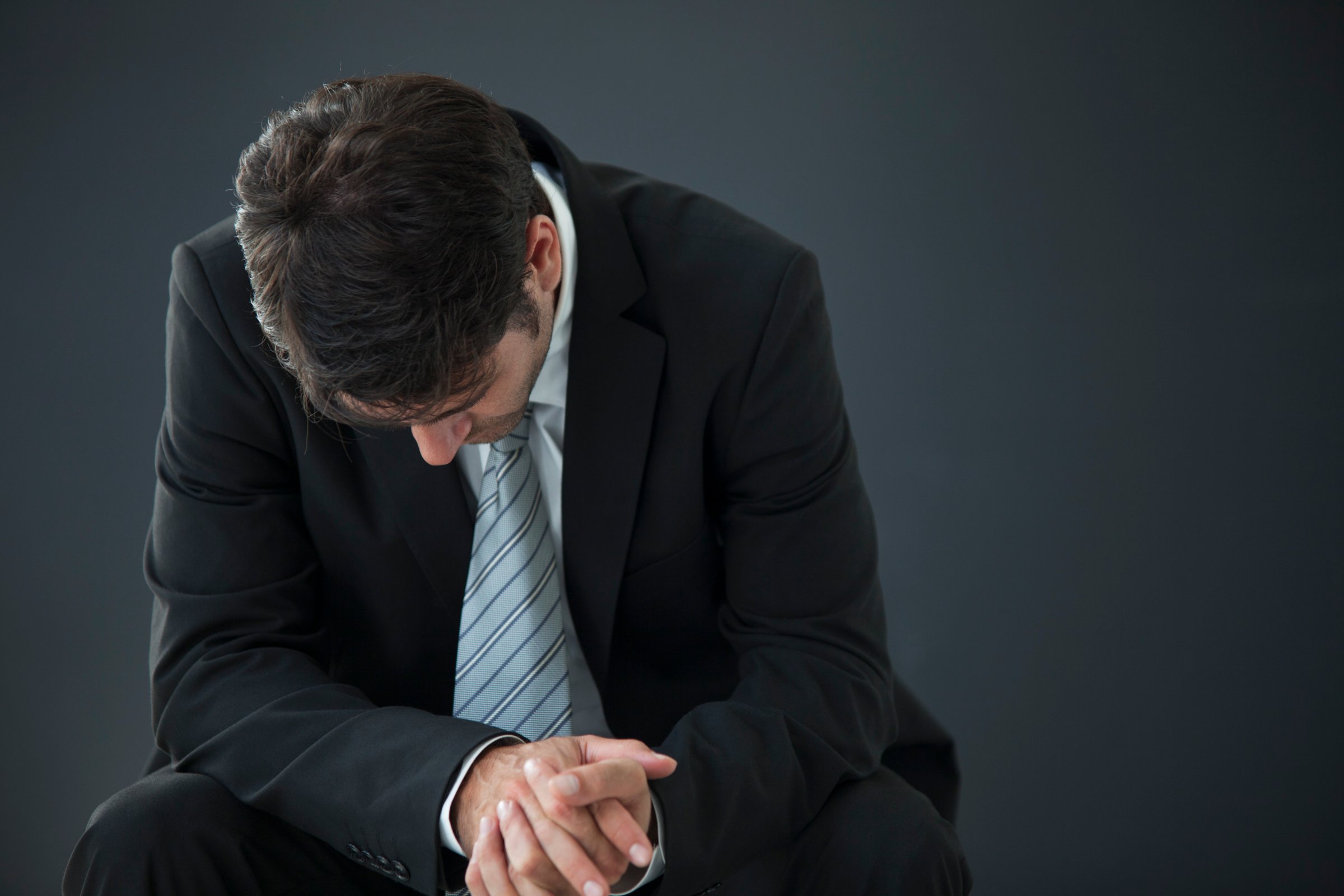
The idea that eating disorders are “women’s issues” is such an engrained gender stereotype, that men do not even realize when they are suffering from one, a new small study says.
British researchers interviewed nearly 40 young people, 10 of whom were men, about their eating disorder experiences. The participants, who were between the ages of 16 and 25 with eating disorders, answered questions about early symptoms, recognition of their problem and getting help. When it came to the men, the findings were unsettling.
All of the men in the study said that it took them some time to realize they had a problem–and that their symptoms were indicative of an eating disorder. During that time, the men said their eating disorder-related behaviors–like obsessive calorie counting and purging–became an even greater problem. One of the predominant reasons it took these men so long to get treatment, they said, was the perception that eating disorders are women’s problems. One participant told the researchers that he thought eating disorders harmed “fragile teenage girls.”
The men also reported that their families and friends did not seem to catch their symptoms, and they themselves weren’t entirely sure what the symptoms of an eating disorder were. For the men, it was only when their disorder became an emergency that they realized what their problem was. Even when they realized they had an eating disorder, it took them awhile before they told anyone–fearing they wouldn’t be taken seriously.
While the study is small, the findings are not uncommon. When Matt Wetsel, 30, was a freshman in college, he realized he had a problem. He was sitting in class, in so much pain that he had trouble standing up when the class ended–and it was all due to hunger. Wetsel developed an eating disorder at the end of high school, after what he describes as a massive depressive episode. He didn’t sleep and he lost his appetite, and unfortunately after awhile, he became used to not eating. “No one had said anything to me. Only one coworker told me she thought I might have an eating disorder, and just hearing that terrified me,” says Wetsel.
When he finally decided to get help, most of the literature available, and support groups at his school, were catered to women. Even today, Wetsel, who serves on the Eating Disorders Coalition Junior Board, says a lot of the conversation about eating disorders and men focuses on what makes them different from women. In some cases, men are suffering from muscle dysmorphia, which is the obsession with not being muscular enough, but it’s certainly not the case for all men with eating disorders.Wetsel feels like men and women often have very similar experiences when it comes to eating disorders and that focusing on what makes eating disorders in men “unique” doesn’t help. “When there’s so much focus on the differences, we overlook the sameness,” he says.
Some research shows that eating disorders are on the rise among men. There’s no denying that media depicts men in similarly impossible physiques as they do women. Research has shown that 25 percent of men with a normal weight think that they’re underweight. But perhaps it’s merely a growing awareness among men and the greater community that eating disorders are not gender exclusive. At least, that’s what we need to realize if we want men to get treated. As the latest study shows, framing eating disorders as something that happens to women delays men getting help.
After seeking treatment, Wetsel tracked down his former coworker to tell her he was doing something about his eating disorder. “She was so happy for me, she gave me a kiss,” he says.
More Must-Reads from TIME
- Donald Trump Is TIME's 2024 Person of the Year
- Why We Chose Trump as Person of the Year
- Is Intermittent Fasting Good or Bad for You?
- The 100 Must-Read Books of 2024
- The 20 Best Christmas TV Episodes
- Column: If Optimism Feels Ridiculous Now, Try Hope
- The Future of Climate Action Is Trade Policy
- Merle Bombardieri Is Helping People Make the Baby Decision
Contact us at letters@time.com